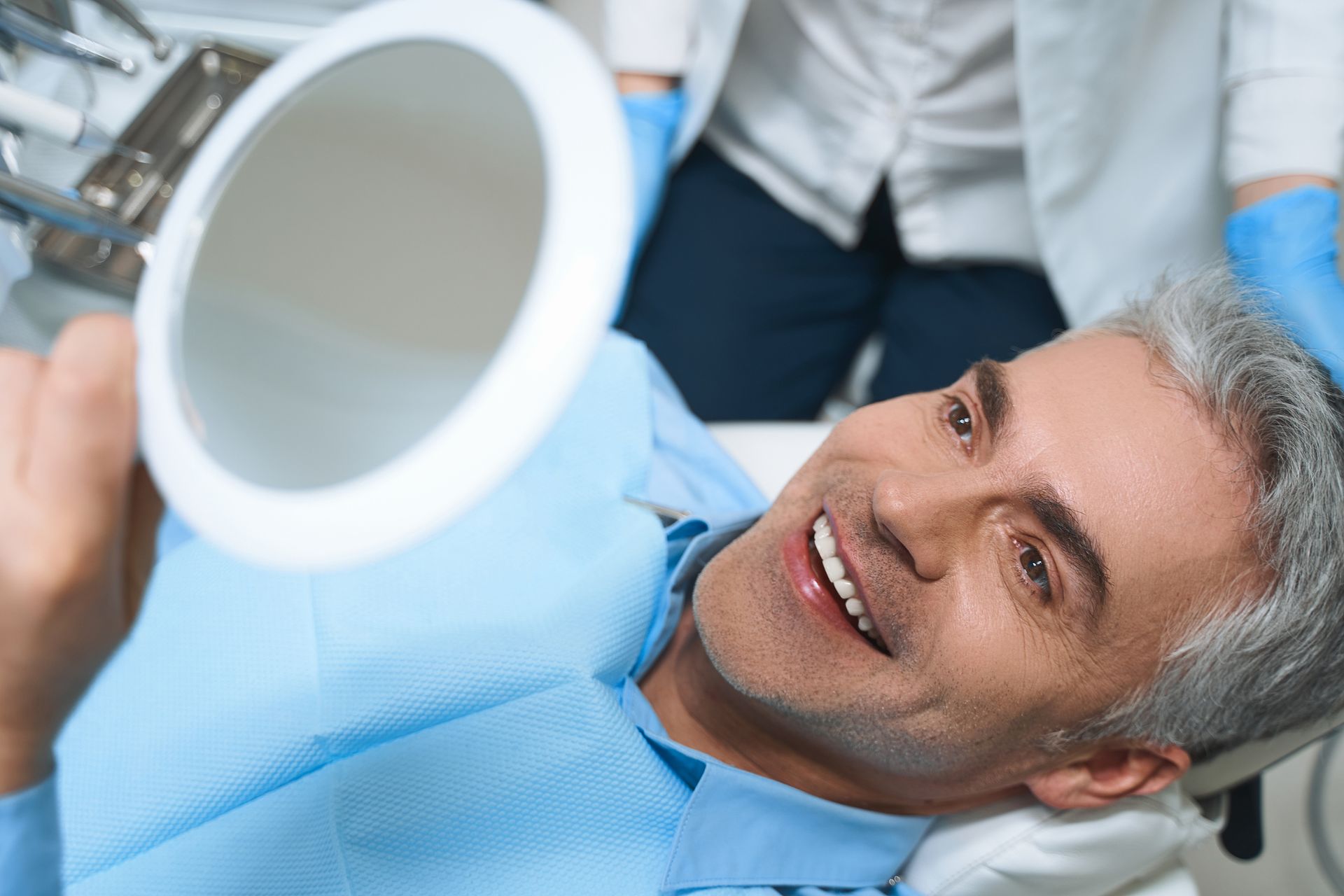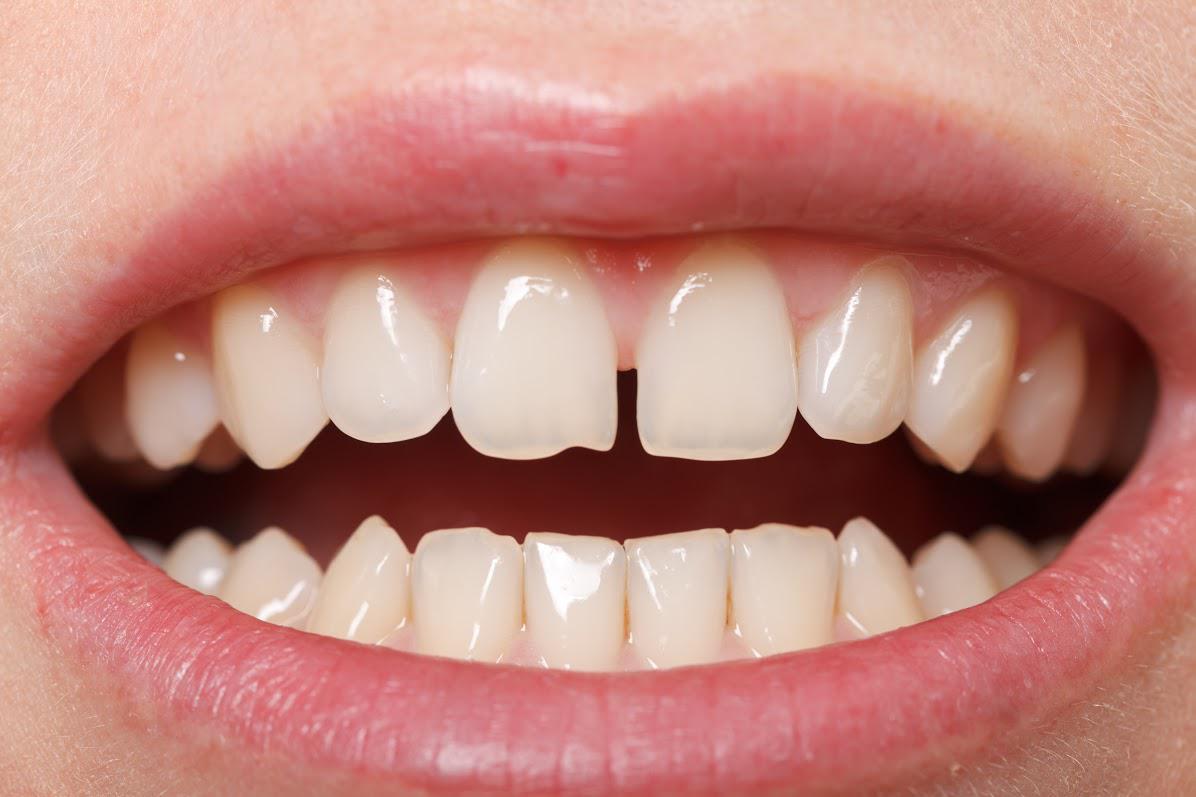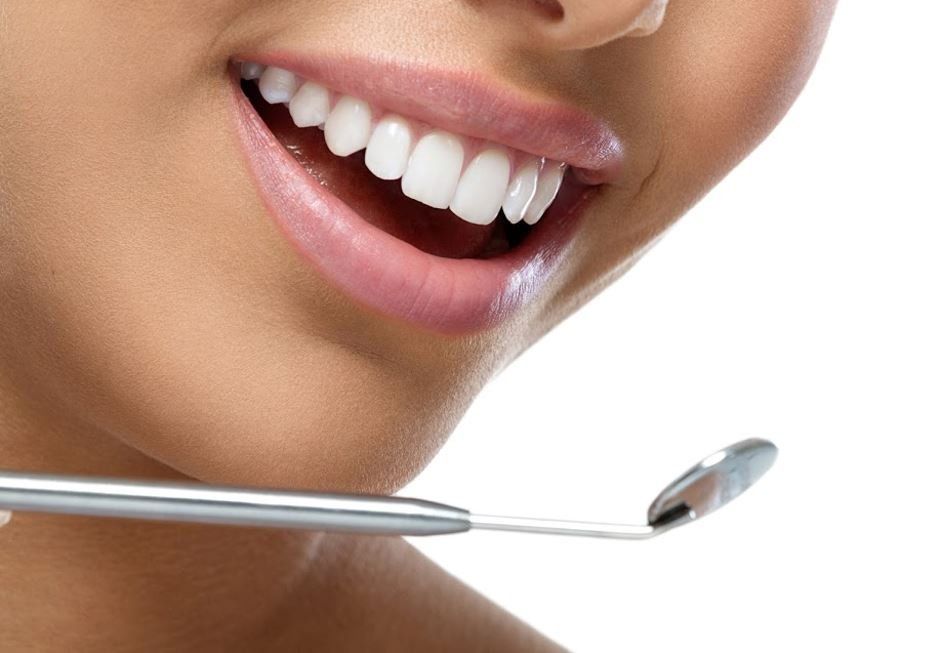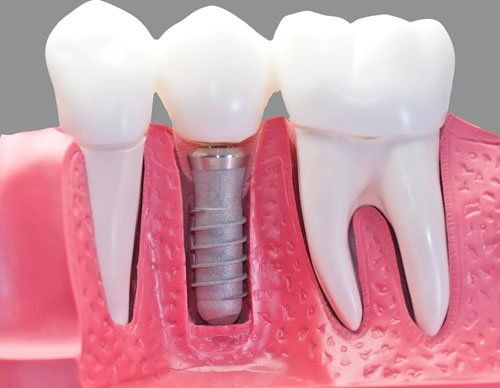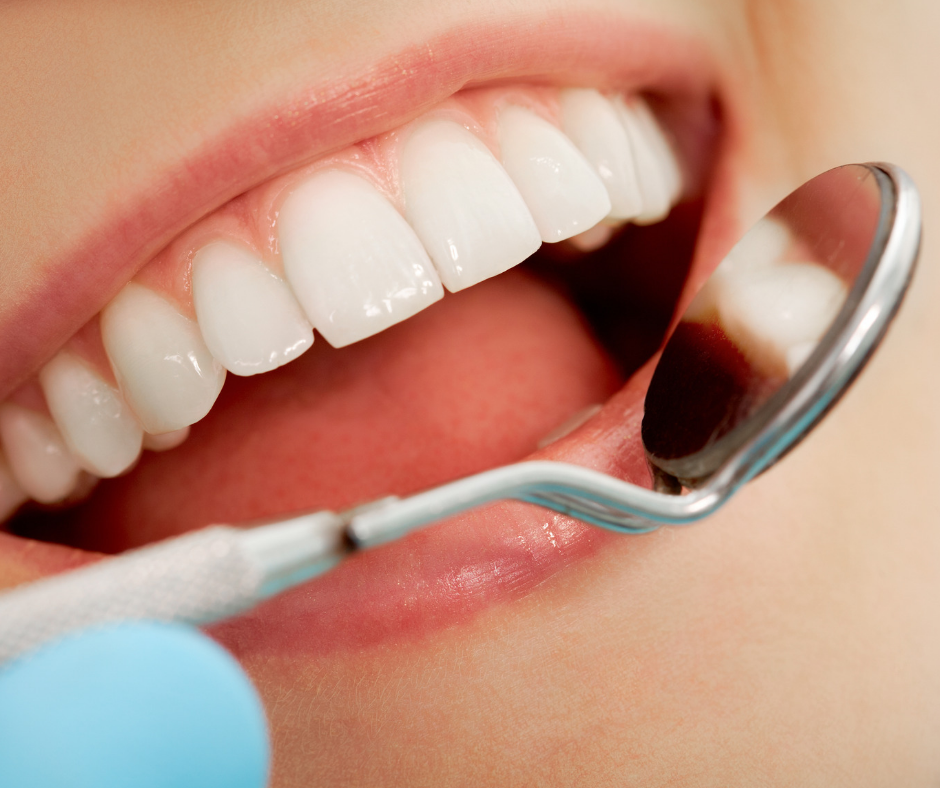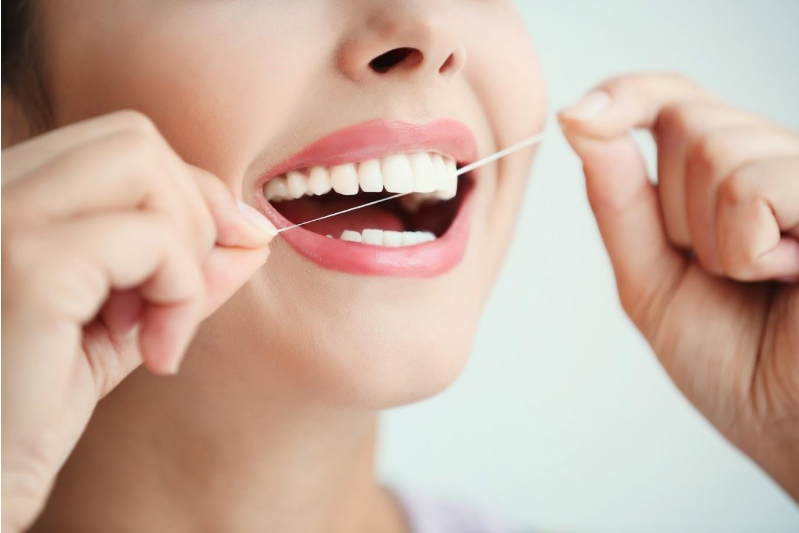3300 S. Tamiami Trail, Suite 1
Sarasota, FL 34239
BLOG
Blog

By Admin
•
March 9, 2020
If your dentures aren't fitting like they used to, it may be time to consider denture relining. Denture relining is a process that your dentist can use to provide a new, more comfortable fit for your existing dentures without replacing them. Here is an overview of denture relining so that you know what to expect from the procedure and can have an informed conversation with your dentist. Relining Procedure Denture relining is usually a simple procedure that can be completed in less than an hour. When you visit your dentist, he or she will first examine your mouth to assess the level of irritation that is present. If significant sores or swelling is present from the poorly fitting dentures, the dentist may recommend a temporary reline while your mouth heals and allow you to return later for the permanent reline. To perform a permanent reline, your dentist will first clean your dentures and sand away a small amount of material on the denture plate. After removing material in areas that are causing uncomfortable contact with your mouth, the dentist will then apply the soft or hard relining resin to the dentures. You will place the dentures back in your mouth and bite down gently to make an impression in the resin. Once the resin hardens, the reline is complete. Soft Relining Soft relining resin is one of two optional materials for use in denture relining. This resin is made of silicone and creates a softer, more comfortable base for the denture. Soft relining is the best choice for people with thin or especially sensitive gums, as there is less chance that irritation will develop in the future. The downside of soft relining is that because the material is softer, it is also less durable than the original denture or hard relining resin. This means that you will require more frequent visits for relining than if you choose to use hard resin. Soft relines are a better choice for older patients who usually have thinner gums and more advanced recession of the gums and other tissues in the mouth. Hard Relining Hard relining is the standard for denture relining, as it is both long-lasting and comfortable for all but the most sensitive gums. Hard relining resin is made from acrylic that is similar in composition to the original acrylic of your dentures. With hard denture relines, you shouldn't expect to need your dentures relined more often than every one to two years. The only potential drawback of hard denture relines is that they cannot always be completed on the day of your visit. While your dentist may be able to apply the reline, take an impression of your mouth, and harden the relining putty in one sitting, he or she may choose to send the impression to a dental laboratory for development. This will leave you without your dentures for a few days but is sometimes necessary to ensure the hard resin fits perfectly. Relining Benefits Denture relining resolves a number of issues that you may think would require replacement of your dentures. Sores, irritation, and general discomfort are the primary reasons that many patients consider relining. You may find that it is easier to chew with your relined dentures, and relining can also resolve slurs, lisps, and other speech difficulties caused by improper denture fit. Relining is also less expensive than an entirely new set of dentures. Even if you maintain a perfect oral health routine, the shape of your mouth will change over time. Denture relining is the best way to update an old set of dentures so that they fit comfortably throughout your life. If your dentures don't fit like they used to, Gregory S. Rutherford, DDS, PA can provide denture relining that will make them fit like new again!
Member ADA and (Frank) Spear Study Club
CONTACT INFORMATION
3300 S. Tamiami Trail, Suite 1 Sarasota,, FL 34239
HOURS OF OPERATION
- Mon - Thu
- -
- Friday
- -
- Sat - Sun
- Closed
Fridays By Appointment Only







CONTACT INFORMATION
3300 S. Tamiami Trail, Suite 1
Sarasota, FL 34239
HOURS OF OPERATION
- Mon - Thu
- -
- Friday
- -
- Sat - Sun
- Closed
Fridays By Appointment Only
Content, including images, displayed on this website is protected by copyright laws. Downloading, republication, retransmission or reproduction of content on this website is strictly prohibited. Terms of Use
| Privacy Policy

